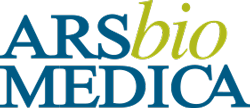The Transesophageal Echocardiogram is an advanced ultrasound examination that allows for the morphological and functional study of the heart chambers and valves by inserting an ultrasound probe into the patient’s esophagus.
Utilizing the close anatomical relationship between the esophagus and the heart, this technique enables detailed visualization, beneficial both for diagnostic purposes and preoperative surgical planning.
When recommended:
- In patients with inadequate transthoracic acoustic windows
- Suspected endocarditis
- Patients with a patent foramen ovale (PFO) or atrial septal defect (ASD)
- Presence of prosthetic heart valves (which may cause artifacts or poor image quality, making transthoracic echocardiography inconclusive)
- Preoperative evaluation of valvular pathologies
- Before electrical or pharmacological cardioversion of atrial fibrillation to exclude the presence of thrombotic formations
- In catheterization labs as intraoperative guidance for interventions on structural heart diseases (closure of atrial septal defects, PFO closure, atrial appendage closure, MitraClip)
How is the Exam Conducted?
The procedure involves inserting an ultrasound probe into the patient’s esophagus. The patient is positioned on the examination table and monitored. A peripheral venous access is established, and the probe is inserted into the oropharyngeal canal, which may be uncomfortable but does not interfere with breathing. To reduce discomfort, an oral spray with local anesthetic or intravenous sedative may be used, administered by an anesthesiologist.
The duration of the exam varies from 15 to 30 minutes depending on the diagnostic query.
After the procedure, the patient is observed for 30 minutes if a sedative is administered, and it is advisable to have someone accompany them as they should not drive immediately afterward. It is recommended not to eat or drink for 2-3 hours after the exam.
How to Prepare for a Transesophageal Echocardiogram?
Contraindications for the exam are discussed with the doctor during the medical history review, with the main impediments being certain esophageal conditions.
In preparation for the exam, it is necessary to:
- Fast from both solids and liquids for at least 6 hours.
- Remove any removable dental prostheses.
- Bring all relevant medical documentation.
Trust our professionals
Contact
Request Information
Do you need a medical visit or an exam?
Choose the best care for yourself
Choose the best care for yourself



